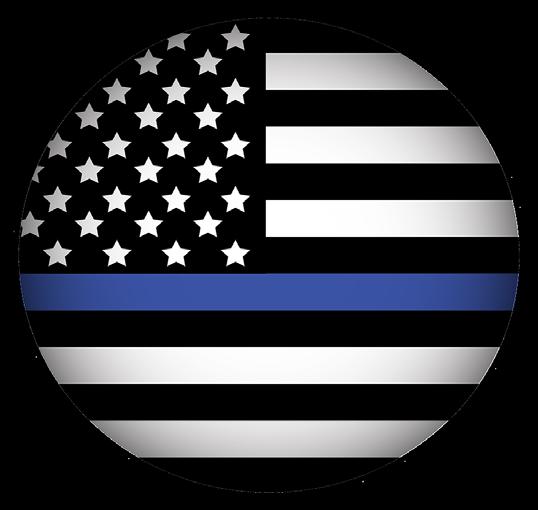I Specialize in Treating PTSD: Here’s My Message to Veterans An Open Letter to Those Experiencing PTSD, Anxiety, and Trauma By Dr. Steven Ramos
What Does PTSD Look Like? As an addiction and mental health specialist, I’ve learned that one of the most prominent but least talked about symptoms of PTSD is avoidance of emotional connection with others. When you lose a comrade in the line of duty, it’s hard to continue to connect to anyone emotionally. Avoiding emotional attachment altogether might make you feel safer, like the risk of losing someone is gone. If you experienced a traumatic event in the military, as so many of us did, it’s common to try to numb these symptoms – which look a lot like anxiety – with substances to avoid the flashbacks. And if you’ve had complex trauma early in life, such as abuse, research indicates you are even more susceptible to PTSD as an adult. Additionally, sleep problems are often concurrent with PTSD, so it’s common to drink excessive alcohol in the evening to aid in falling asleep. Treatment and Solutions: What To Expect
To my fellow veterans, Growing up in the Bronx in the ’80s and ’90s, drugs and alcohol were all around me. I joined the Air Force to escape that environment. Ironically, I moved closer to it. I spent 12 years as a military freefall instructor working with some of the most resilient, talented, and determined individuals I’ve ever met. Many of them were experiencing post-traumatic stress disorder (PTSD) but were opposed to seeking treatment. I’ve come to realize the same drive that makes us successful in our military careers also holds us back. Our ability to “remain in control” and be a valued team member is more powerful than our ability to ask for help – so we don’t, out of fear it will negatively impact our careers. No one talks about treatment because of the mindset ingrained in us that treatment equals weakness. Excessive substance use is normal, even glorified. Drugs and alcohol are sometimes the only coping mechanisms that aren’t frowned upon. But if you had a heart attack, you wouldn’t ignore the issue. You’d seek treatment and medical intervention to heal properly. Addiction and PTSD are diseases and should be viewed no differently. Treatment saves lives. 18
WWW.HomelandMagazine.com / JUNE 2022
If not treated, PTSD and substance use disorders do not resolve themselves and are not something you can manage on your own. But here’s the real talk many people won’t tell you: When you enter treatment for PTSD, your symptoms will worsen at first. You’ll start remembering moments you pushed away for years, and naturally, it will surface unwanted emotions. It’s important to know what to expect so it doesn’t deter you. More real talk: It will get easier if you are patient. I also encourage you to be open-minded to trying something new. I know you’ve been conditioned to maintain the status quo. You’ve lived with trauma for decades. In a way, it’s almost part of your identity, and you’re reluctant to try anything formal, whether it’s therapy or medication. PTSD and substance use are often an unfortunate package deal. While every individual case is different, I usually start with my patients by treating the substance use first before we address the PTSD. A clear, sober mind is important before moving further. Part of our treatment for PTSD is Cognitive Processing Therapy, which focuses on building a narrative that’s based on data rather than emotion. As a veteran, I know you often feel shame when those emotions creep in. You blame yourself.





















